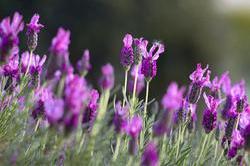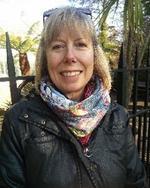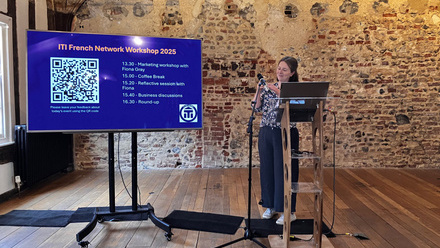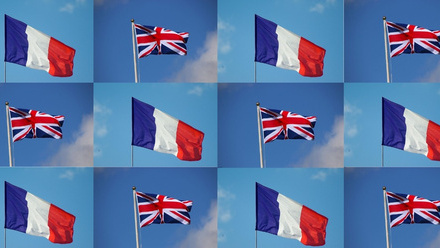How CPD has changed my career
Not every freelance translator has a ready-made specialism when they enter the profession. Kari Koonin, Chair of ITI's Professional Development Committee explains how CPD has changed her translation career.
If you don’t have the advantage of coming into translation from a particular industry or field, as I didn’t, it can be a struggle to identify a translation specialism. And once you have identified a field you want to specialise in, it can take a lot of time and effort to reach the point where you can confidently describe yourself as a specialist in that field.
In the early years of my career as a freelance translator, I moved from one field to another as opportunities arose or as I identified subjects I was interested in or found I had a talent for - and indeed some I found I didn’t enjoy. In fact, besides the many positives I gained from undertaking CPD in those fields, CPD also helped me to identify fields I realised I would not be good at.
At one point I decided to investigate medical translation and attended a webinar on medical translation for beginners by a highly regarded medical translator. That one-hour talk taught me two valuable lessons. The first was that to acquire the level of knowledge you need as a true specialist in medical translation, you would need to be reading undergraduate-level textbooks. The second was that if you were at all squeamish, then medical translation was probably not for you, as those textbooks can contain some pretty gory images! As someone whose stomach churns at the merest hint of blood, I took the hint and decided not to pursue medical translation as a career choice.

And as it turned out, it was the right decision. Soon after that I was introduced to what has been my main specialism for the past 15 years: horticultural and agricultural translation. But I also soon discovered that just being a passionate hobby gardener with minimal understanding of the science behind botany (school biology was a very long time ago!) was by no means enough. Sure, I could spend hours looking up technical terms and verifying that I was using them properly.
But that wasn’t an efficient or reliably accurate way of working. So I realised I needed some serious CPD to enhance my nascent theoretical understanding of the subject I loved.
My complete absence of qualifications or industry experience came abruptly to the fore when I was approached by a prospective Dutch direct client on LinkedIn looking for a horticultural translator with an industry track record. ‘You say you’re a specialist but you have no credentials.’ Ouch! (The Dutch are very direct.) By using my best negotiation skills and offering to do a test translation, I persuaded them to give me a try. But the highly technical nature of the work they gave me soon made me realise I needed much more in-depth subject knowledge. I also realised that it would be hugely beneficial to my career to have a recognised qualification on my CV and LinkedIn profile.
So I decided to study for a diploma in the principles of horticulture, partly in self-study and partly at evening classes at a local horticultural college. The course has transformed my subject knowledge and I am now in a position where instead of needing to constantly check terminology, I know the terms and understand the concepts behind them. And importantly for a specialist translator, I can talk to industry players on their level. It has been hard - especially sitting exams after 40 years! - but worth every minute. Plus, of course, my garden has never looked better.
About the writer

After graduating in German and Russian, Kari started her translation career translating in-house at Voest-Alpine in Austria for five years. After moving out of translation for several years, during which time she lived and worked in the Netherlands and South Africa (with Siemens), she turned freelance after the birth of her daughter and now has over 30 years’ experience as a freelance translator from Dutch, German and Afrikaans to English. Kari’s specialist field is horticulture, agriculture and food.
Alongside her translation work she is Chair of the ITI Professional Development Committee and gives frequent talks, workshops and webinars on a range of translation-related subjects, including at the ITI and OU SWATI events, the London Language Show and various universities. She has also taught German to English translation on the University of Westminster MA in Translation Studies.






